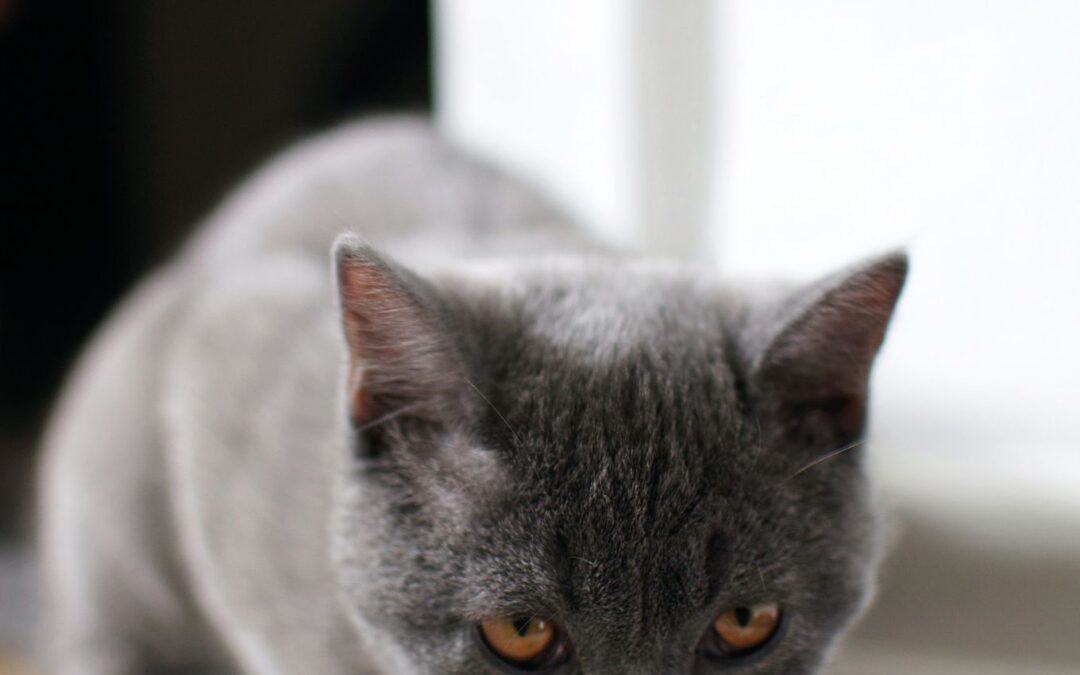Most of us will face 2023 with a host of resolutions in mind. This time round, how to save on energy costs and stay warm and healthy are probably going to be higher on our lists than losing weight. However, do take a good look at your pet’s diet, because there is more than a grain of truth in the adage, ‘you are what you eat’. Quality food may cost more but it could save you large vet bills down the line.
Obesity, diabetes, gut and pancreatic disease are all increasingly afflictions of the modern pet, and diet is thought to be a major factor. As a behaviourist, I see hyper dogs and vicious cats morph into sweet biddable pets overnight, once a change in diet has been made.
Let’s be clear, cats are obligate carnivores, they need to eat meat. Not any old meat, but fresh, and as close to live and kicking as possible. Look inside your cat’s mouth, these are teeth for piercing and tearing, not for grinding vegetables. In the wild cats would eat some carbohydrate from the undigested stomach contents of prey, but this would account for around 5% of their diet, not the 30% that is the norm in many packaged cat biscuits.
Some proprietary cat foods are excellent, but it is wise to check the label on the packaging. Ground up bits of animal and fish do not count. Beaks, feathers and trotters may all get thrown into that category and will be called meat and animal derivatives. Sure, the animal attached to those body parts may have been passed fit for human consumption, but when did you last eat beaks on a regular basis?
There is no such thing as a vegetarian cat, so why do we consider it okay to feed cats a main diet of biscuits? Plant protein concentrates and various types of grain or sugar beet are routinely used as biscuit bulking agents. These may raise the overall protein content of the product, but is it the sort of protein a cat was ever made to digest on a regular basis? No, is the answer. The quality of protein will always trump quantity. All those extra, unnecessary carbs simply get turned into fat, and we wonder why our cat is getting porky?
Our dogs fare no better. Unlike their wolf ancestors, they are opportunistic scavengers, not pure carnivores, and have evolved enzymes to digest carbohydrate in a way wolves cannot, but they still have the lupine short gut, and the dentition, of a meat eater. If morphology is anything to go by, dogs have developed to digest starch if need be, but overall are designed to consume flesh.
The convenience of kibble, together with clever marketing, persuades many of us that we are feeding our pets a quality diet. There is no doubt that our infinitely adaptable canine chums may appear to thrive on kibble but, as one eminent Vet explained to me, it is like feeding your kids chips with everything!
Just take a look at your cat, is he getting fat despite eating very little? Is your pooch itchy, flatulent, irritable, edgy and unpredictable? Diet may be the culprit. A healthy pet has well formed, firm to hard stools; anything less should prompt dietary investigation and a visit to the vet.
As responsible pet owners we have the opportunity to make informed choices for our pets, it doesn’t have to be hard – you just have to know where to look and how to read the labels. Do some research and discover the high- quality options available. A place to start is http://www.allaboutdogfood.co.uk/
Leonie St Clair|www.londondogstraining.co.uk

